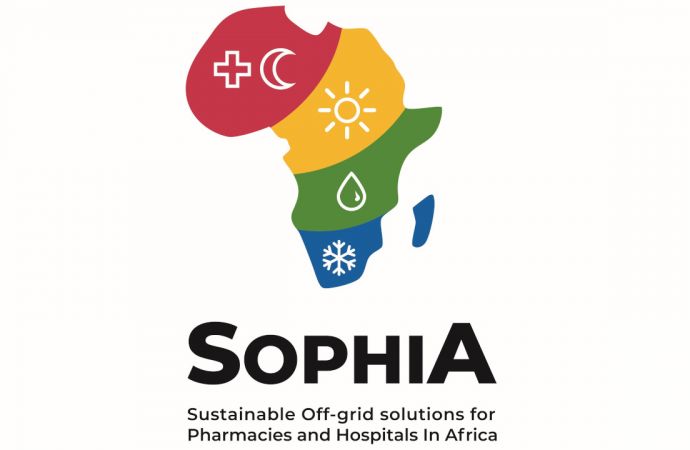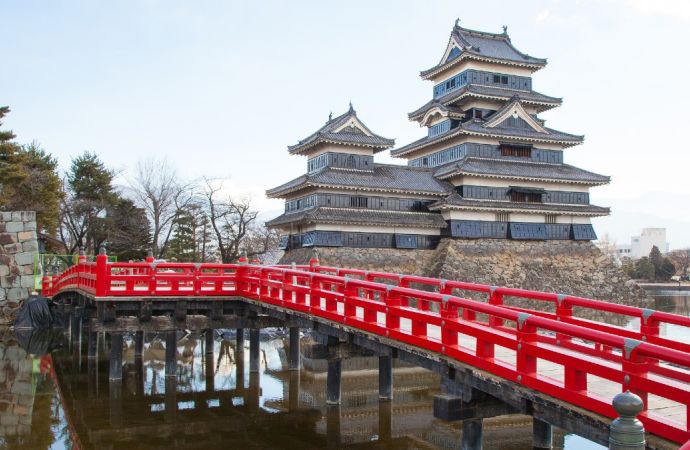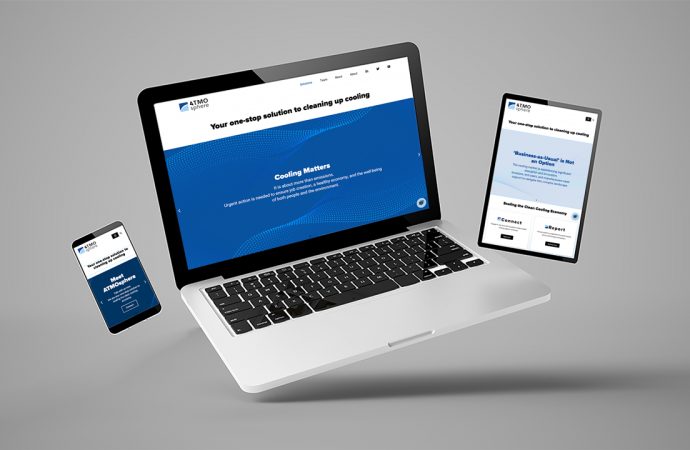The containerized systems for hospitals and pharmacies will use solar power and natural refrigerants, including hydrocarbons.

The European Union is funding a new project to develop off-grid cooling systems for hospitals and pharmacies in Africa that use natural refrigerants, including hydrocarbons like propane (R290) and ethane (R170).
The project, dubbed SophiA (Sustainable Off-grid solutions for Pharmacies and Hospitals In Africa), plans to develop container-based systems using solar power, instead of grid power, for remote locations.
Thirteen partners from Europe and Africa are involved, including the University of Applied Sciences of Eastern Switzerland, Makerere University in Uganda, the Institut International d’Ingénierie de l’Eau et de l’Environnement in Burkina Faso, Steinbeis Europa Zentrum in Germany, the International Institute of Refrigeration (IIR), the Cameroonian Ministry of Public Health, German NGO Operieren in Afrika, South African OEM Everflo, South African wholesaler Kovco, German membrane specialist Martin Systems GmbH, German solar power consultancy Simply Solar, and German photovoltaic power-plant manufacturer Raach Solar. Project partners had their first meeting October 12-13.
SophiA’s systems would “enable more and more African people to access carbon-neutral energy for electricity, heating, and cooling of medicine and health care units as well as safe and clean drinking water, increasing the quality of life in a sustainable way,” IIR said in a statement.
A mix of refrigerants
The SophiA project will run for four years, with a budget of €8 million (US$9.3 million) funded by the EU’s Horizon 2020 research and innovation program. It will use propane (R290) for medium-temperature applications (5°C/41°F), CO2 for low temperatures (-30°C/-22°F), and ethane (R170) for ultra-low temperatures (-70°C/-94°F), according to Michael Kauffeld, Professor at Karlsruhe University in Germany, who is the project manager for SophiA.
The SophiA project will use technologies like photovoltaics, solar thermal power, electrical and thermal storage and “sophisticated” water treatment to achieve its goals, which are to develop and manufacture “locally innovative, modular, affordable and efficient” systems.
Potential applications for SophiA technology include producing hot water (plus steam if needed), cooling surgical and intensive care units, cooling medicines (medium temperature), storing blood plasma (low temperature) and ultra-low temperature storage of sensitive medicines like COVID-19 vaccines.
One example of the SophiA technology under development is the PV Medport – a “simple and 100% solar-powered” mobile healthcare station for use in remote areas, said IIR. The system will be tested in Burkina Faso, Cameroon, Malawi and Uganda.
“Joining forces for a clean-energy transition, the multinational and multidisciplinary SophiA team will use a holistic approach for developing tailored solutions to provide green energy and clean water to hospitals in Africa, without the need to re-design the existing infrastructures,” IIR said.
SophiA’s systems would “enable more and more African people to access carbon-neutral energy for electricity, heating, and cooling of medicine and health care units as well as safe and clean drinking water, increasing the quality of life in a sustainable way.” - IIR
Other initiatives
In related news, ColdHubs, a Nigeria-based provider of propane (R290)-based solar-powered cold-storage space for perishable food, plans to expand across Nigeria with 100 new facilities by the end of 2022.
A similar initiative is SolarChill, a 21-year-old project that has brought solar-powered vaccine coolers with natural refrigerants (isobutane) to remote, off-the-grid locations. In 2019 it expanded to provide food fridges.
Another development in Africa, designed to improve the cold chain, is the formation of the Africa Centre of Excellence in Sustainable Cooling and Cold-chain (ACES), which will open in 2022 in Kigali, Rwanda. ACES, funded mainly by public investments from the U.K. and Rwanda, will focus on research and supporting businesses, aiming to position itself as a technology and knowledge hub for sustainable cold chains.
Want to find out more, or have something to say about this story? Join the ATMO Connect network to meet and engage with like-minded stakeholders in the clean cooling and natural refrigerant arena.
Related stories



